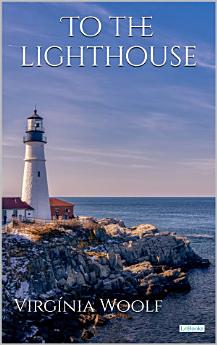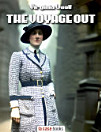To The Lighthouse: Virginia Woolf
ဤ E-စာအုပ်အကြောင်း
Since its publication, To the Lighthouse has been regarded as one of Woolf's most innovative works, celebrated for its lyrical prose and psychological depth. Its portrayal of subjective reality and shifting perspectives challenges traditional narrative forms, offering a profound commentary on time, memory, and artistic legacy. The novel's exploration of gender roles, particularly through the figures of Mrs. Ramsay and Lily Briscoe, continues to spark discussions on creativity and societal expectations.
The novel's lasting impact stems from its ability to capture the ephemeral nature of human experience while questioning the stability of identity and truth. By weaving together multiple perspectives and moments in time, To the Lighthouse invites readers to reflect on the ways in which memory and perception shape both personal and collective histories.
စာရေးသူအကြောင်း
Virginia Woolf (1882-1941) was an English writer, essayist, and literary critic, widely regarded as one of the most significant modernist authors of the 20th century. Born in London, she played a crucial role in shaping the literary landscape with her innovative narrative techniques and exploration of themes such as gender, consciousness, and the fluidity of time. Woolf was a central figure in the Bloomsbury Group, an intellectual circle that influenced British culture and thought.
Woolf is best known for her pioneering use of stream of consciousness, a narrative technique that delves into characters' inner thoughts and emotions. Among her most celebrated novels are Mrs Dalloway (1925), which captures a single day in the life of its protagonist while reflecting on themes of time and memory, and To the Lighthouse (1927), a deeply introspective novel exploring family dynamics, art, and perception.
Woolf's work was revolutionary in its form and content, influencing both literature and feminist thought. Her introspective and psychological approach to storytelling paved the way for later authors such as Margaret Atwood and Toni Morrison. Her essays on women's roles in society and the necessity of financial and intellectual autonomy remain widely discussed in feminist discourse.
Her contributions to modernism, particularly in refining the stream-of-consciousness technique, positioned her alongside contemporaries such as James Joyce and Marcel Proust. Through her literary innovations, she expanded the possibilities of fiction, making subjective experience and perception central elements of the narrative.







